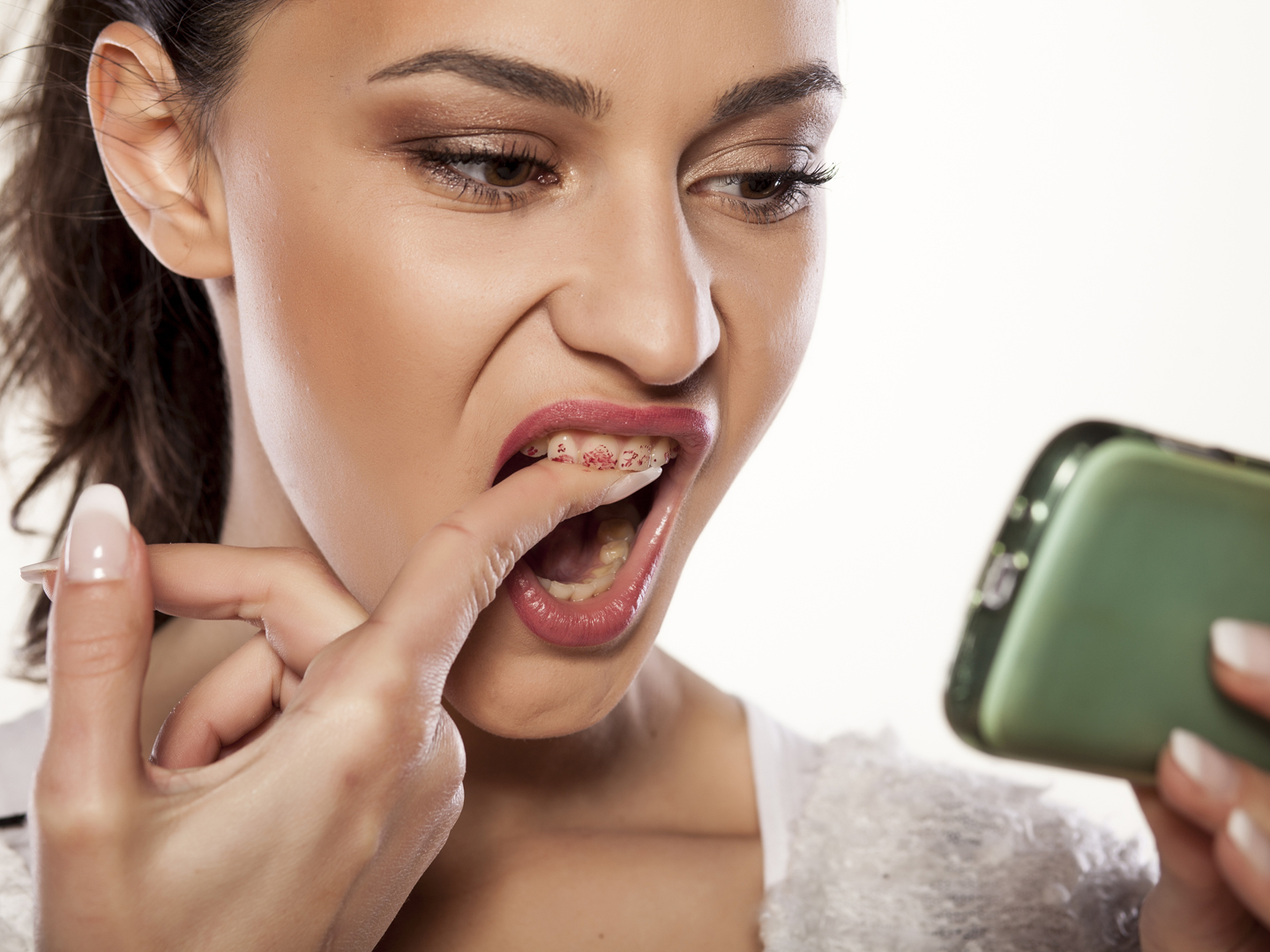Tea-Stained Teeth?
I like to drink green tea, but it is staining my teeth brown. Do you have any suggestions?
Andrew Weil, M.D. | February 26, 2007

Like coffee and colas, tea can stain teeth, although it’s not as big an offender as tobacco (smoked or chewed). Any food or drink capable of staining clothes or carpets can also stain teeth – that includes fruit juices, red wine, blueberries, soy sauce, and curry. Good quality green tea that is really green in color is less likely to stain teeth than inferior grades of “green” tea that looks brown when brewed. The best way to get rid of stains from any food or drink is with professional teeth cleaning, but afterward, it’s up to you to keep your teeth free of stains from foods and beverages.
I suggest rinsing your mouth with water after you drink tea (or coffee or colas). Be sure to brush your teeth twice a day with a whitening toothpaste and to floss daily (stains around the edges of your teeth occur when plaque accumulates at the gum line and absorbs color from food and drink).
You also may want to talk to your dentist about teeth whitening options. Do-it-yourself kits are available for home use and can do a pretty good job. You’re most likely to get the best results if your teeth are yellowish. Whitening won’t “take” on teeth that have had bonding or tooth colored fillings. The home-bleaching kits are generally considered safe, although you may notice some tooth sensitivity. My (holistic) dentist Steve Swidler tells me that over time bleaching might break down the integrity of the teeth, leaving them more susceptible to future stains.
As an alternative to home whitening, your dentist can bleach your teeth in the office with professional products, sometimes augmented with laser light. This is more costly than the do-it-yourself route, but it usually can be completed in a two to six sessions. These treatments can also create tooth sensitivity, but it usually decreases over time.
Andrew Weil, M.D.










